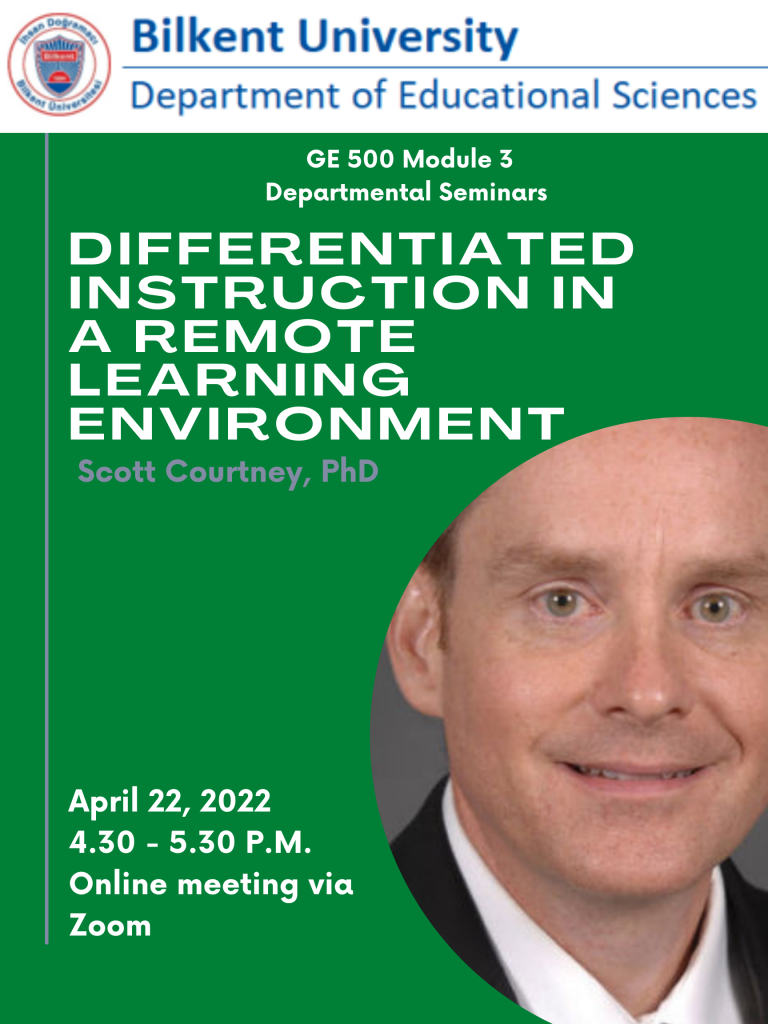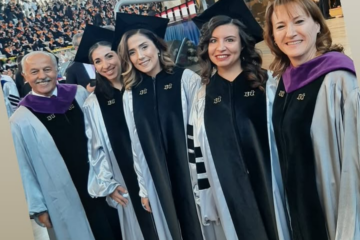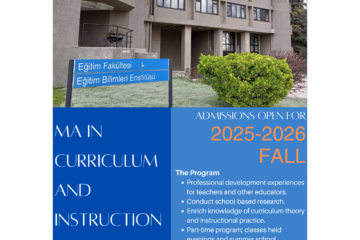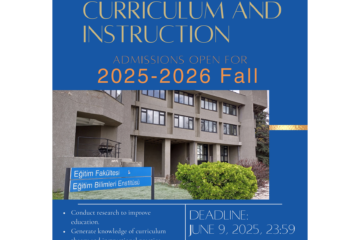
Abstract: This report examines one teacher’s attempts to differentiate instruction every day, in a dynamic teaching and learning environment. The report is part of a larger study that utilised a network of theories approach, coordinating the documentational approach to didactics (DAD) and Thompson and Harel’s theory of meanings, to examine teachers’ understandings as they engaged in and discussed their attempts to differentiate instruction in remote and hybrid learning environments. Analyses involved building models of teachers’ understandings of differentiated instruction and the resources they utilised to support differentiation and exploring how these models persisted or changed throughout the study. The report’s findings highlight the importance of teachers’ meanings in their attempts to differentiate instruction and the role digital resources play in supporting or hindering such practices. Finally, this report adds to a growing body of research on teacher’s work with and on digital resources as a means to support differentiated instruction, particularly as remote and hybrid teaching and learning continues throughout the U.S. and across the globe.
About the speaker: Dr. Scott Courtney is a Mathematics Education Associate Professor in the School of Teaching, Learning, and Curriculum Studies at Kent State University in the United States. He has directed multiple state-funded mathematics and science partnership projects. His research interests include teachers’ conceptions of mathematics and statistics in grades 6–14, instructional engagements propitious for student development of intended ideas and ways of thinking, and teachers’ conceptions and ways of thinking that support or constrain their capacity to transform their cognitions with cognitive structures that are more conceptually oriented. In addition, Dr. Courtney’s research explores teachers’ and their students’ experiences with digital/ICT-based resources, with a particular focus on developing and investigating synchronous online workshops and courses for mathematics teachers. Finally, his current research has focused on the formation of cross-district teacher collectives, involving mathematics teachers and math interventionists, throughout the state of Ohio (in the United States).


